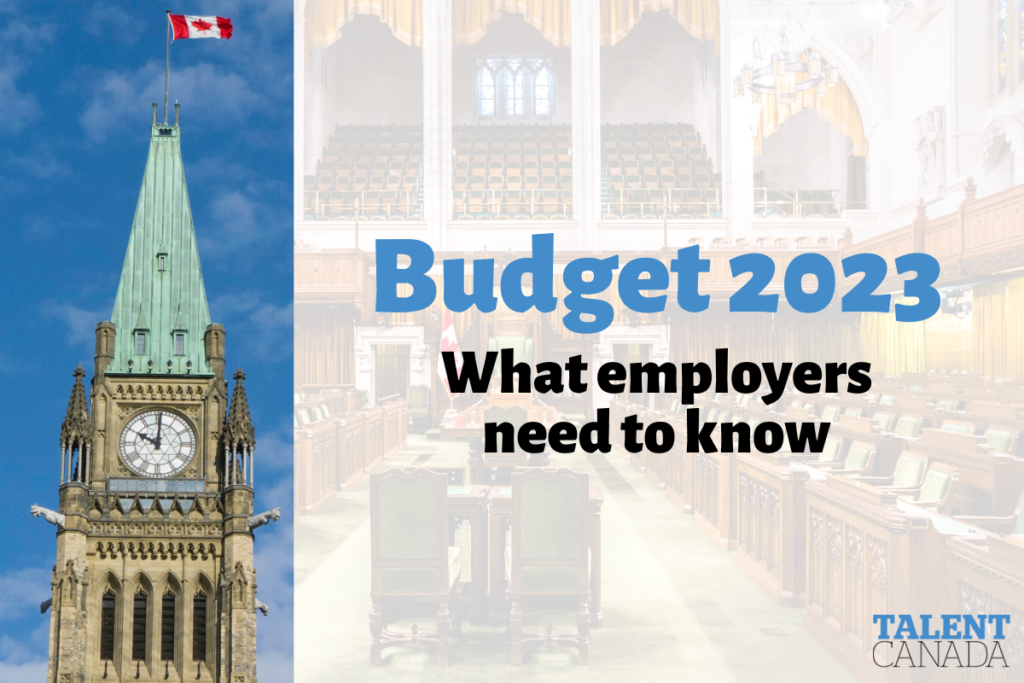

Features
Federal and Provincial Budgets
Budget 2023: Tool deductions, seasonal EI claimants and gig workers
March 28, 2023
By
Talent Canada
 Budget 2023
Budget 2023 We’re pouring over the fine print, and there’s lots to unpack for employers and workers in Budget 2023.
Here’s a sampling that didn’t fit into our other coverage.
Doubling the tradeperson’s tool deduction
To help tradespeople invest in the equipment they need, Budget 2023 proposes to double the maximum employment deduction for tradespeople’s tool expenses from $500 to $1,000.
This change would take effect for the 2023 taxation year and would reduce federal revenues by $11 million over six years, starting in 2022-23.
Continuing to support seasonal EI claimants
Many seasonal workers—including in fishing and tourism sectors—rely on Employment Insurance for the support they need between work seasons. To address gaps in Employment Insurance support between seasons, the government introduced temporary rules in 2018 to provide up to five additional weeks—for a maximum of 45 weeks—for eligible seasonal workers in 13 economic regions. This support is set to expire in October 2023.
Protecting federally regulated gig workers
When workers are engaged in a typical employer-employee relationship, but are misclassified as something other than employees, they miss out on the same labour rights, protections, and entitlements as traditional employees. For those in the gig economy, such as those who rely on an app or digital platform for their source of work, this can have a real impact on the stability and security of their livelihoods. As a first step in addressing this, in 2021, the federal government made illegal the intentional misclassification of employees in the federally regulated private sector.
Protecting jobs with timely access to work-sharing agreements
When businesses struggle, it can be difficult for them to keep staff on payroll. The Work-Sharing Program helps avoid layoffs during temporary decreases in business activity by providing income support through the Employment Insurance program to eligible employees who work a reduced week while their employer recovers. This means that employees can keep their jobs and continue earning income, while their employer retains skilled workers without having to hire someone new when business picks up.
Student work placement program
Work-integrated learning programs such as co-ops and internships play a critical role in helping students transition from post-secondary institutions to the workforce, it said
“The federal government recognizes the need to continue supporting students to develop work-ready skills, particularly in the context of an increasingly complex and evolving labour market.”
Budget 2023 proposes to provide $197.7 million in 2024-25 to the Student Work Placement Program to continue creating quality work-integrated learning opportunities for students through partnerships between employers and post-secondary education institutions.
These measures will ensure that students can gain the necessary skills, education, and real-life work experience to transition successfully into the workforce.
Print this page